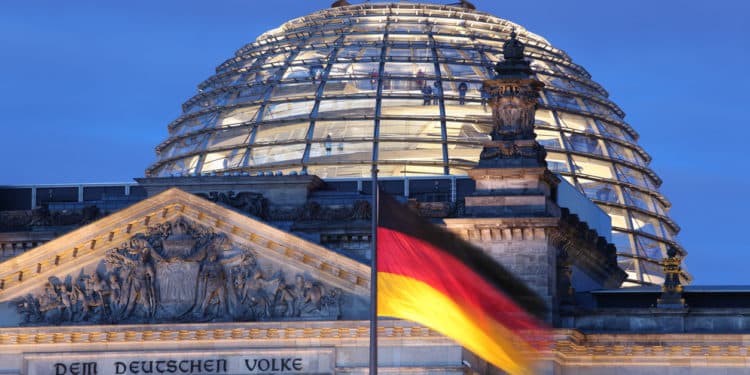Germany continues to behave as Europe’s most disingenuous country when it comes to protecting and valuing whistleblowers.
German Human Rights Commissioner Bärbel Kofler last week voiced her support for Wikileaks founder Julian Assange. She said she is “following with concern” Assange’s extradition case in the UK, which eventually concluded in his favor. Kofler said the “human rights and humanitarian aspects” of the case “must not be overlooked,” and that the UK is “bound” by the European Convention on Human Rights.
If only Germany would hold itself to the same standards it expects other countries to follow. On the issue of whistleblower protection, it doesn’t and never has.
Every known whistleblower case in Germany over the past 25 years has ended in career damage, financial harm or personal ruin, according to my report in the Berlin Spectator. German whistleblowers have been fired, sued, harassed, prosecuted, investigated for treason, and publicly slandered. One German citizen had his home raided by the police. Another reportedly was poisoned.
These reprisals are commonplace in Germany, where company employees have no whistleblower rights and government workers have almost none. Workers are at the mercy of labor court judges, who routinely favor the right of employers to maintain secrecy in the workplace over the right of employees to expose crime and misconduct.
Germany was Europe’s last country to ratify the UN Convention against Corruption, which requires signatories to officially consider enacting a whistleblower law. Germany’s lack of whistleblower rights also runs afoul of the European Criminal and Civil Law Conventions on Corruption, formal recommendations by the OECD and Council of Europe, and well-established case law by the European Court of Human Rights. One such case originated in Germany, which continues to ignore the precedent.
Germany’s apathy toward whistleblowers extends to civil society. While proclaiming the need for stronger rights, prominent NGOs including Transparency International and Whistleblower-Netzwerk, are not known to represent whistleblowers, investigate individual cases, or strongly advocate on the behalf of individual whistleblowers.
Making matters worse still, in-depth media coverage of whistleblower cases in Germany is rare. Some journalists at government-supported media outlets have complained of censorship and their articles being gouged or retracted.




